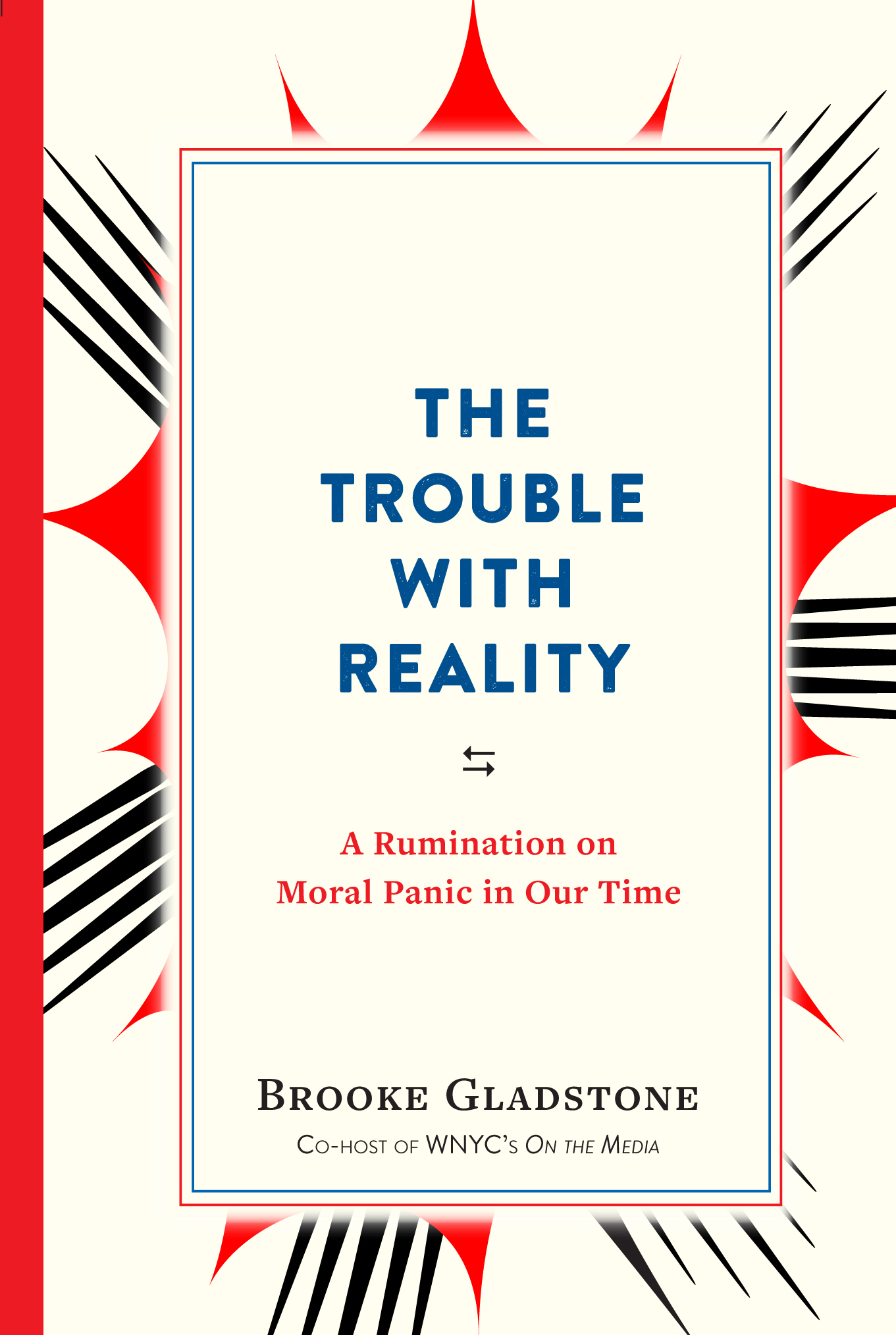What do you think?
Rate this book


96 pages, Paperback
First published May 16, 2017
You can bask in my favor and recognition, in the promises I make and the license I bestow, and all I ask in return is that you believe whatever I say, whenever I say it. Even if it is false.